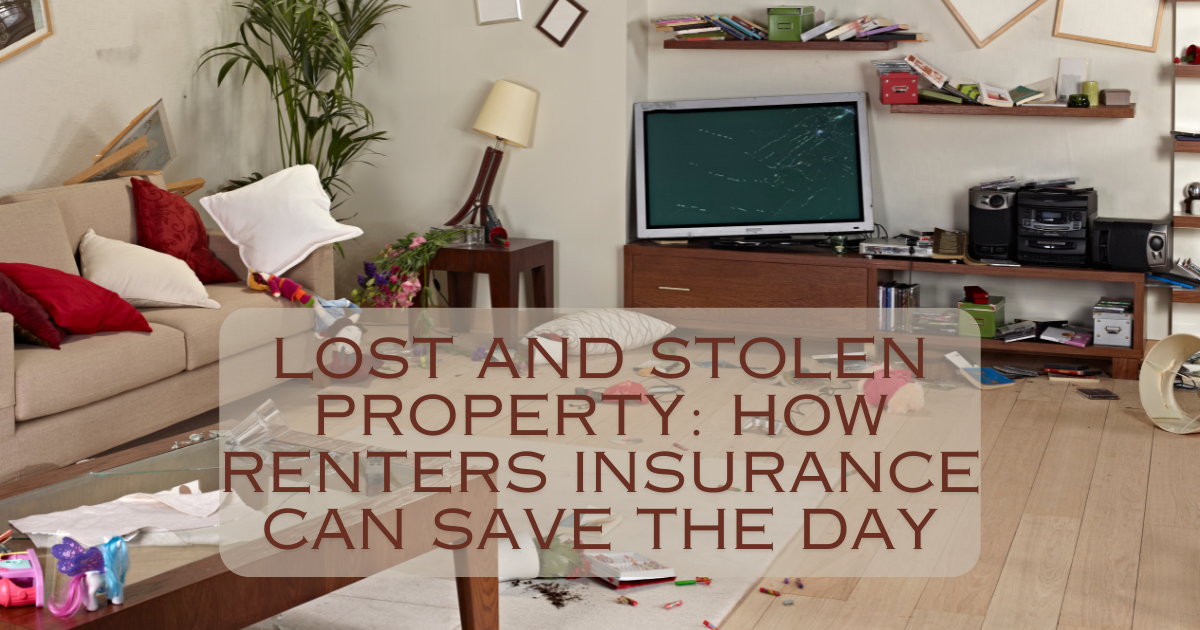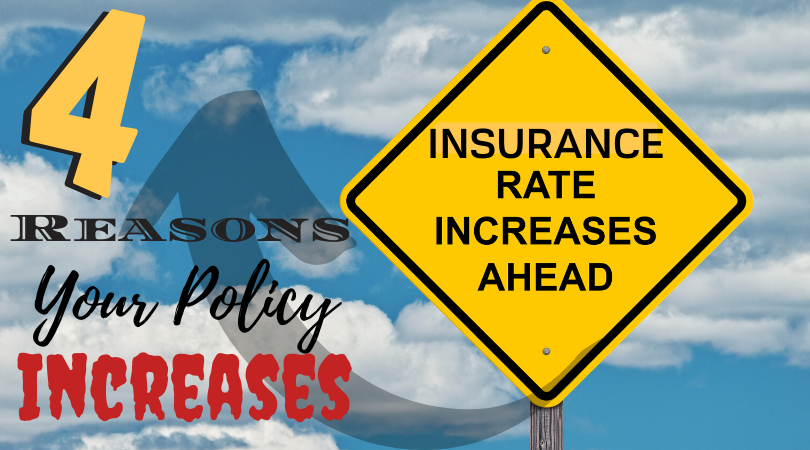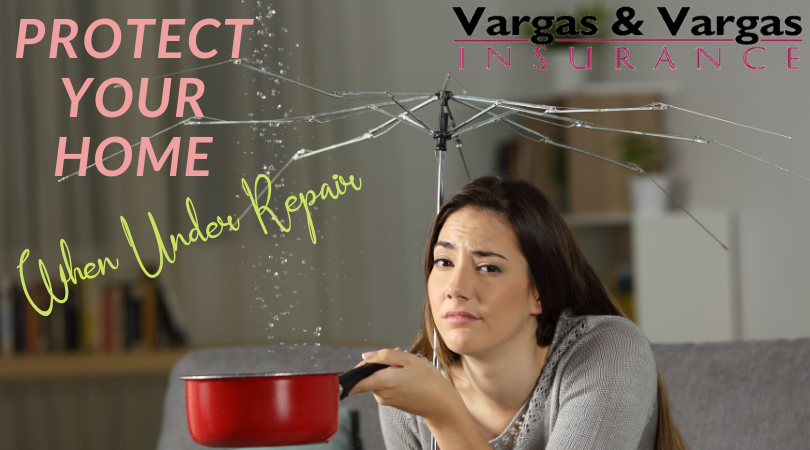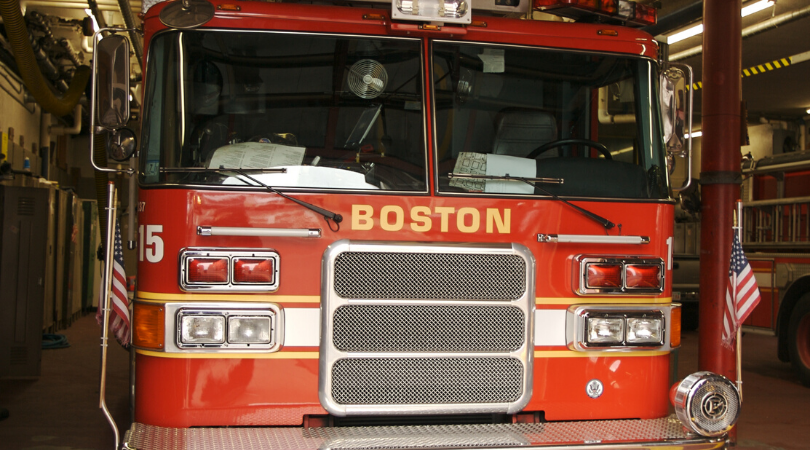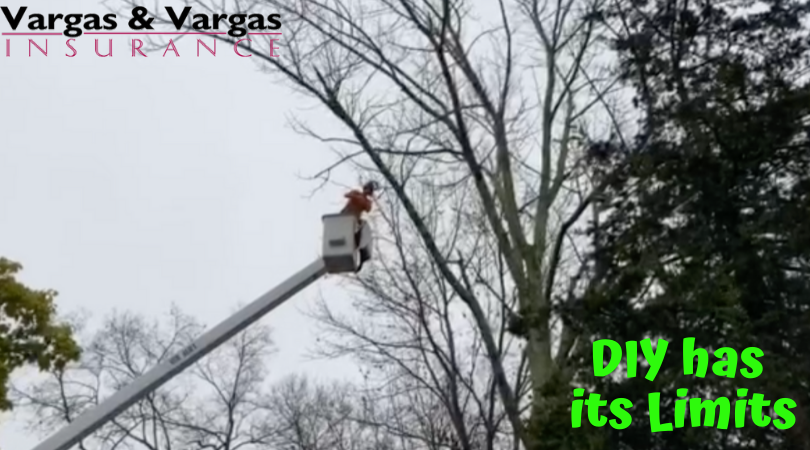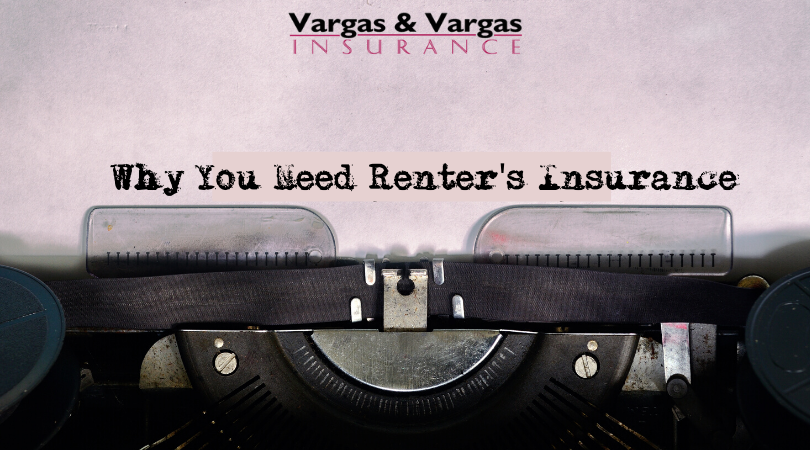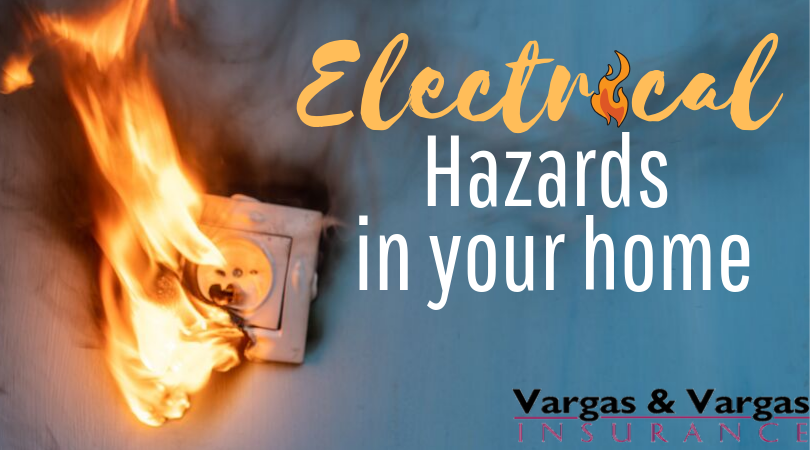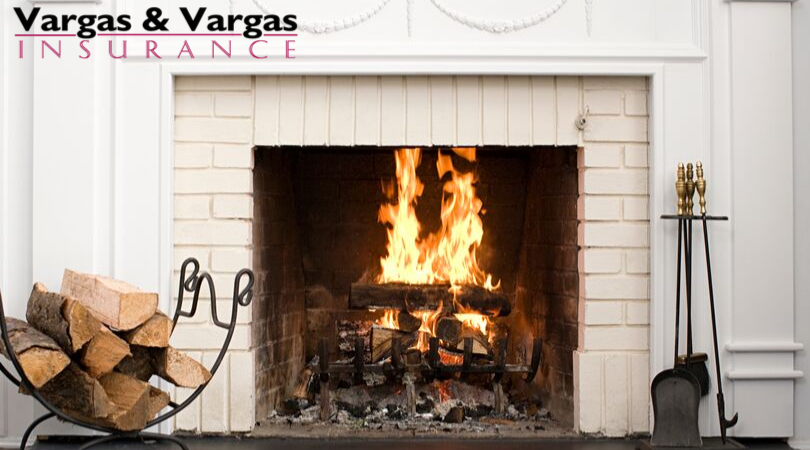Lost and Stolen Property: How Renters Insurance Can Save the Day
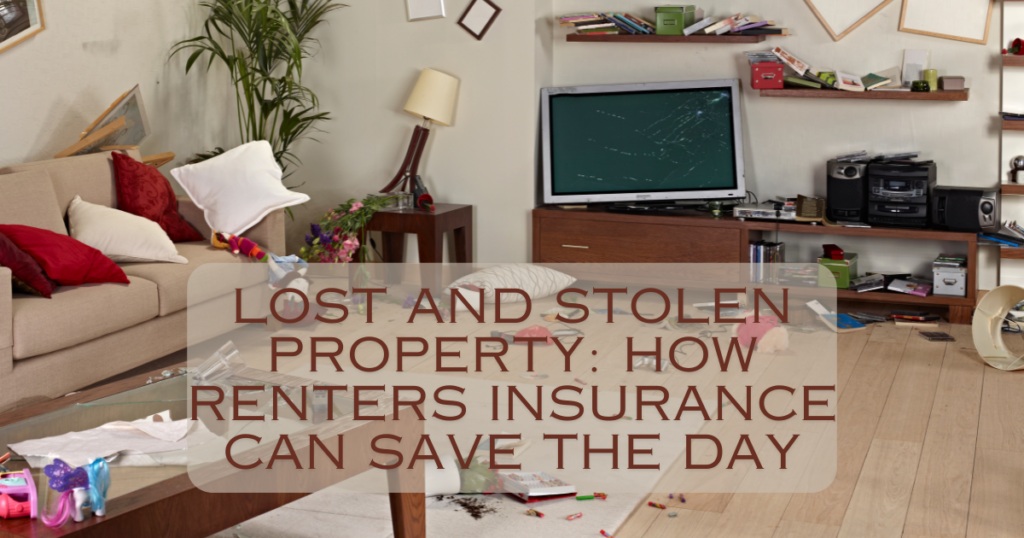
Renters insurance is often underestimated, but it’s a powerful tool that extends far beyond protecting your belongings at home. One of its key benefits is coverage for stolen or lost possessions under a policy rider when you’re away from your residence. The professionals at Vargas & Vargas Insurance in Dorchester, MA are here to explain the various ways that renters insurance can be beneficial in these situations and others.
Missing Property During Airline Travel
Few situations are more uncomfortable than getting off a plane and waiting at the luggage carousel for your suitcase that never arrives. If it’s not due to a delay, your missing luggage has likely been stolen, and you’ll need to file a claim with the airline or your insurance company. Keep receipts to submit for any essentials you need to replace to continue your journey.
According to the U.S. Department of Transportation, airlines are required to compensate passengers for lost, delayed, or damaged bags. However, there are limits to this compensation, which is where your renters insurance can step in to fill the gap.
A Renters Policy Can Be Used in Many Theft Situations
Beyond stolen luggage, things can also be taken when you are closer to your home. If you leave your bike outdoors and it goes missing, or if you accidentally leave your laptop on public transportation and it’s not returned, it’s likely stolen. Renters insurance will compensate you for stolen belongings, both inside and outside your home. This includes items taken from vehicles, storage facilities, hotel rooms, and more.
It’s important to note that the cost of replacing these items must exceed your deductible for you to receive payment. This is why it’s crucial to understand your policy details and choose a deductible that makes sense for your situation.
Protect Lost Items: Invest in a Policy Rider
Adding a rider to your renter’s insurance policy provides additional protection for items accidentally lost. Jewelry, watches, cameras, and sporting gear are among the goods typically covered. However, the rider may not cover certain personal possessions like eyeglasses, phones, and some high-value electronics.
The Insurance Information Institute provides detailed information on what’s typically covered in a standard policy and what might require additional coverage.
Documenting Your Belongings
To ensure you can make a successful claim if needed, it’s wise to keep an updated inventory of your belongings. Take photos or videos of your items, especially valuable ones, and keep receipts for major purchases. Store this information in a safe place, preferably digitally, so you can access it even if your physical documents are lost or stolen.
Understanding Policy Limits
While renters insurance provides broad coverage, it’s important to understand that there are typically limits on how much your policy will pay out for certain categories of items. For example, there might be a cap on jewelry or electronics coverage. If you have particularly valuable items, you may want to consider additional coverage specifically for those pieces.
The Importance of Liability Coverage
While not directly related to lost or stolen property, it’s worth noting that renters insurance also typically includes liability coverage. This can protect you if someone is injured in your rental home or if you accidentally damage someone else’s property.
Safeguard Against Theft and Loss of Property
Stay protected for these incidents with a renters insurance policy, and perhaps even expand your coverage with a policy rider. The peace of mind that comes with knowing you’re protected, both at home and while traveling, is invaluable.
Contact Vargas & Vargas Insurance in Dorchester, MA to learn more about how renters insurance can protect you and your belongings, and to get a personalized quote. Don’t wait until it’s too late – secure your belongings and your peace of mind today!


